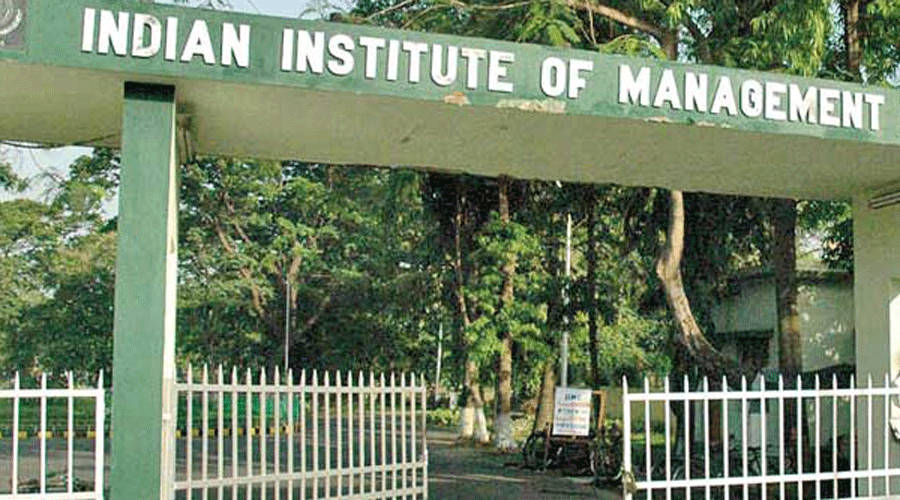Accountability has only one meaning. All institutions are accountable solely to the Narendra Modi government. The Indian Institutes of Management are now under the searchlight which picks out every instance of autonomy or independence. The 2018 IIM Act gave business schools the authority to appoint their own boards, chairpersons and directors. These were earlier selected by the education ministry in its incarnation as the human resource development ministry. Mr Modi’s government seems to be ruing that generosity, because the Prime Minister’s Office has reportedly nudged the education ministry to formulate an amendment to the Act. The amendment will, presumably, clip the wings of the IIMs, which have been merrily appointing boards that form search committees to select chairpersons and directors, ignoring the government’s disapproval. One, for instance, created a course that does not comply with the requirements of duration and naming decided by the University Grants Commission, while another decided that requirements for directors are not set in stone. The government does not understand any autonomy but its own. Yet an institution with full academic autonomy will gradually find its feet with its own choice of staff, administrators, courses and fees. Governmental regulations may hinder competition with overseas institutions and much-needed funding.
Strangely, the government’s — or the UGC’s — interventions often have a negative rather than a positive effect. Perhaps because the government is not interested in learning, its equal spread and excellence, but only in its own convenience. Its policies appear to have no unifying principles. While the IIMs may be made ‘accountable’, the 600 colleges which have been granted autonomy in deciding courses and fees may drop the 10 per cent limit when hiring teachers on contract, according to a draft regulation by the UGC. This might lead to lucrative courses run by guest teachers who need not be paid on scale, thus raising the institution’s profit. The point is, reduced government funding makes self-financing a necessity. Education is a public good; the moment it is made into a private enterprise, it becomes a money-making venture. The inequality implied here is not just of guardians’ income but also of recruitment. With no reservations in contractual agreements, the hiring may tilt in favour of upper-caste candidates. The contours of Mr Modi’s government are identifiable here; after all, it is accountable only to itself.










